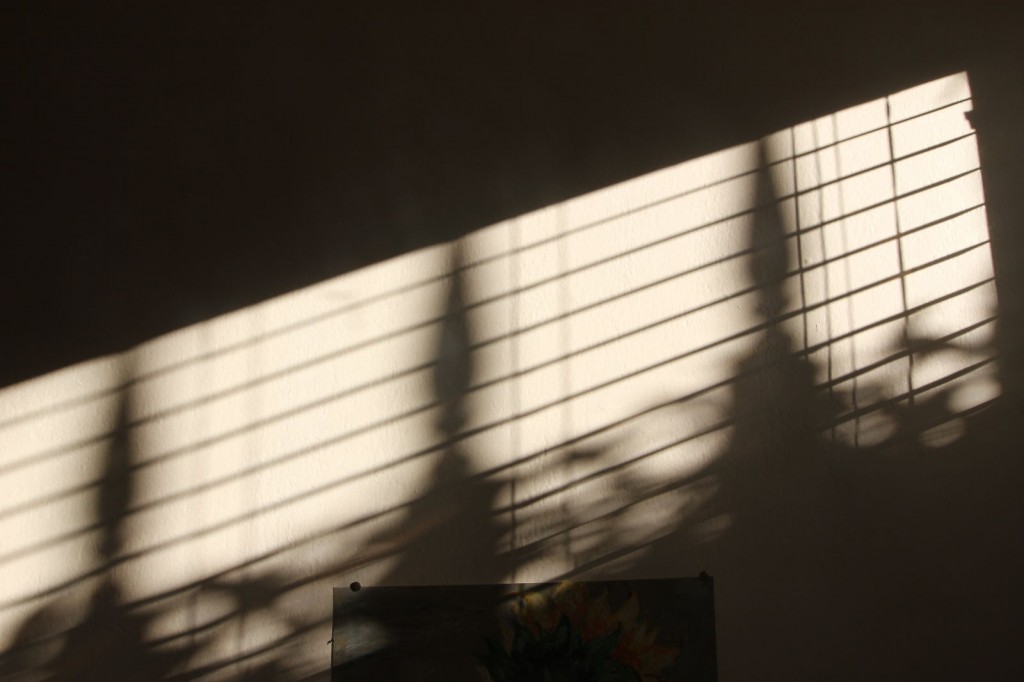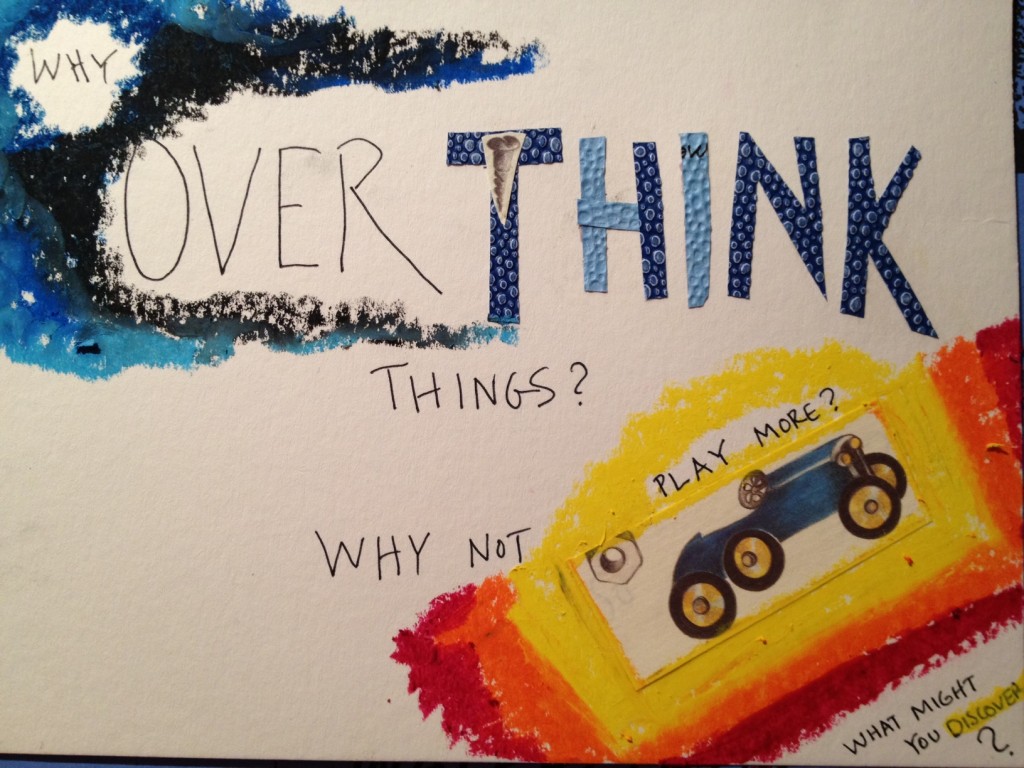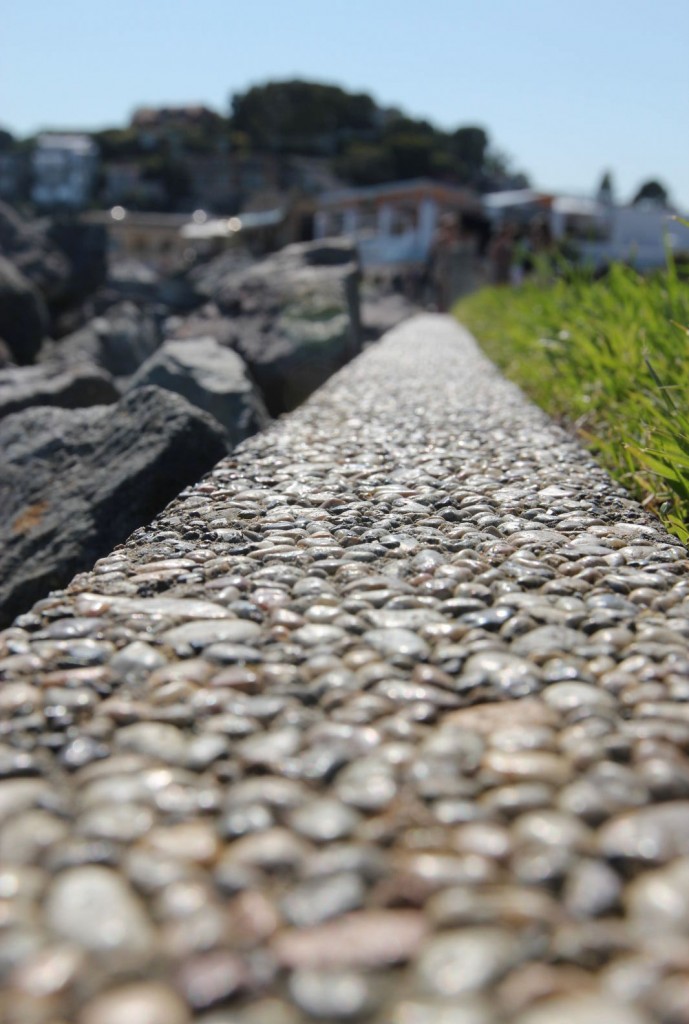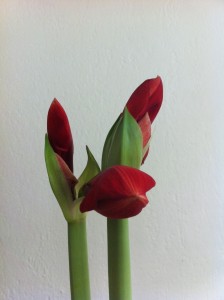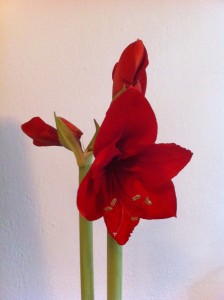Questioning category archive
Homemade Schedules 4
“I have been looking into schedules. Even when we read physics, we inquire of each least particle, What then shall I do this morning? How we spend our days is, of course, how we spend our lives. What we do with this hour, and that one, is what we are doing. A schedule defends chaos and whim. It is a net for catching days. It is a scaffolding on which a worker can stand and labor with both hands at sections of time. A schedule is a mock-up of reason and order – willed, faked, and so brought into being; it is a peace and a haven set into the wreck of time; it is a lifeboat on which you find yourself, decades later, still living. Each day is the same, so you remember the series afterward as a blurred and powerful pattern.” Annie Dillard in The Writing Life
I had read part of this quote from Annie Dillard many times, and love the blog inspired by it. But I had never read it in context until this summer, and ever since, this quote has stayed with me. (Actually, I’ve thought of blogging about it no less than 10 different times!)
Have you ever lived without a schedule, besides on vacation? Lots of people – parents of young children at home, writers, freelancers, graduate students – make their own schedules. I never imagined how hard it could be until I was working on my thesis research in Barcelona, and had days, weeks, months that were entirely wide open. Then when I got back, I’ve had stretches of time as wide as Montana skies that have no set agenda except “make progress on the thesis”. It surprises me that making and keeping a schedule for myself is one of the hardest things I’ve done, and I think Annie Dillard’s quote captures the reason why.
When schedules are all we know, the idea of being without a schedule sounds great. Yay! Vacation! I can do anything I want with my days! But it turns out the “chaos and whim” a schedule defends against can quickly meld into self-doubt, apathy, depression, or a daily routine of overthinking things. A day with nothing on the agenda becomes long, shapeless as a heap of laundry that needs folding.
This fall I started working on my thesis in the neighborhood library a couple days a week, and going to prenatal yoga twice a week. And a funny thing has happened – with just a couple spots of shape to the week, each day is less amorphous. When I had day upon day at home, I got up in the morning with the burden of planning the day, and before I’d fully woken up already felt the weight of the “shoulds” pressing me down. With a schedule, there are known parts to my days, and it becomes easier to start melding the pieces of wide open time into something less chaotic. Really, it just takes a few things to build a scaffolding for the days, to be able to “stand and labor with both hands at sections of time”, rather than grasp at the days as they slip away.
It seems so simple, doesn’t it? Why isn’t it then? Why is creating our own routine so hard?
Unravelling Course 2
This week I started an e-course in photography and self-discovery led by Susannah Conway (thank you Christina!). Susannah’s 8-week course is called “Unravelling: Ways of Seeing Myself” and it’s a journey in picking up a camera and using it as a tool to unlock how we see ourselves and the world around us. Already it has me looking at my pictures in a different way, flashing back to college when I would take rolls and rolls of black and white and then spend my Saturday nights in the darkroom developing photos into something meaningful.
It’s different – I’M different – when I’m taking my pictures more seriously. Allowing for creativity and experimentation to spill through as I snap pictures, then looking through them with an eye to what they say, what they mean, how they speak in tandem with each other.
It’s thrilling to be re-encountering this creative pulse that I carry in my blood. Photography, pottery, sewing, drawing – all were hugely important to me growing up. Yet I’m realizing with ever more clarity just how thoroughly I had sidelined it from my life since those college photography classes. Not that I never did anything creative; I just did it less and less, and saw my career as needing all of me. But when I ask why I gave up these things, I don’t have an answer except the inertia of everyday life took over.
I’m excited and terrified as I open to the possibilities of this creative pulse.
And it makes me wonder. How many of us abandon more creative pursuits as we grow into adulthood? Childhood overflows with creativity; children are wellsprings of ideas and energy for stories, art, making things. Where does it all go?
Blogging in 2011 11
Twice, three times, four times, I’ve opened a new post and then sat with it blank in front of me these past weeks. Not because I don’t write, because I do, pages, every day. Not because I don’t take pictures, because I do, hundreds every week.
I guess I feel some ambivalence about blogging. What does it mean to me? I love reading others’ words, seeing the images from different parts of the world. Reading about books and the writing of people who (want to) write them inspires me. I’ve even become a better citizen, commenting on blogs I read often. But I haven’t figured out what this space means in my life.
From a couple years of reading blogs, I think there are many reasons people blog. To share creative work, find an audience. To remember, capture, words and moments of life. Have conversations about politics. Find, give advice. Mostly people blog to connect in some way, through words, images, ideas, snapshots of their lives, everyday struggles and joys. People blog to set goals, and have company in trying to meet them. We blog to feel less alone, in whatever we do the rest of the time.
I’ve been hearing people say lately that blogging is dying. That it’s “so last year”. What do they mean by this? I think they mean maybe the kind of blogging that is raw sharing, unfocused, venting. Yet from what I’m reading, blogging is quite alive and well. Maybe because I’m drawn to creative (writing, art etc), hobby-focused (cooking, crafts) and support (infertility) blogs these days, and all are spaces that have a real purpose, where the kind of connection that can come from taking parts of themselves and their work and “throwing them on the web”* has meaning for creator and reader.
I’m not sure what blogging means for me as I write this. It changes. When I started buddingscholar nearly four years ago it was about figuring out who I was as a Ph.D. student. Last year in Barcelona it was about escape from the loneliness of working on my dissertation study. And when I started dailyfieldnotes, it was to broaden things, write about my life beyond school. And now?
I’ve been watching this amaryllis grow this last month, and three days ago it started blooming. Watching the green stems and tightly closed buds push their ways up felt hopeful, full of potential. The blooming: it’s bare, wide open, risky, vulnerable.
I don’t know what this medium means, or what stories of who I am will come through here. But looking ahead to the year, I’m resolving to do one thing: write, once a week, and “throw it on the web”, here. Really this is a promise to take the writing I already do, and maybe do some of it here, or else shape it and form it into stories and pieces of a narrative. Once a week, a post. Though I dream of doing it more often, especially posts with pictures, my commitment to myself and the world of blogging is once a week, normally on Saturdays.
When 2012 rolls around, we’ll see what blogging can mean in one year of this girl’s life.
—-
What does blogging mean to you? What keeps you doing it, or has made you stop? Anyone want to join me in my post promise?
—-
*Jon Stewart has started saying this at the end of a lot of his interviews. It implies a casual, quick way to see the rest of the conversations with his guests, but it also suggests hurling and tossing and other things you do with a physical object, and as a metaphor it seems both apt and wrong as a way of talking about what you put online…

